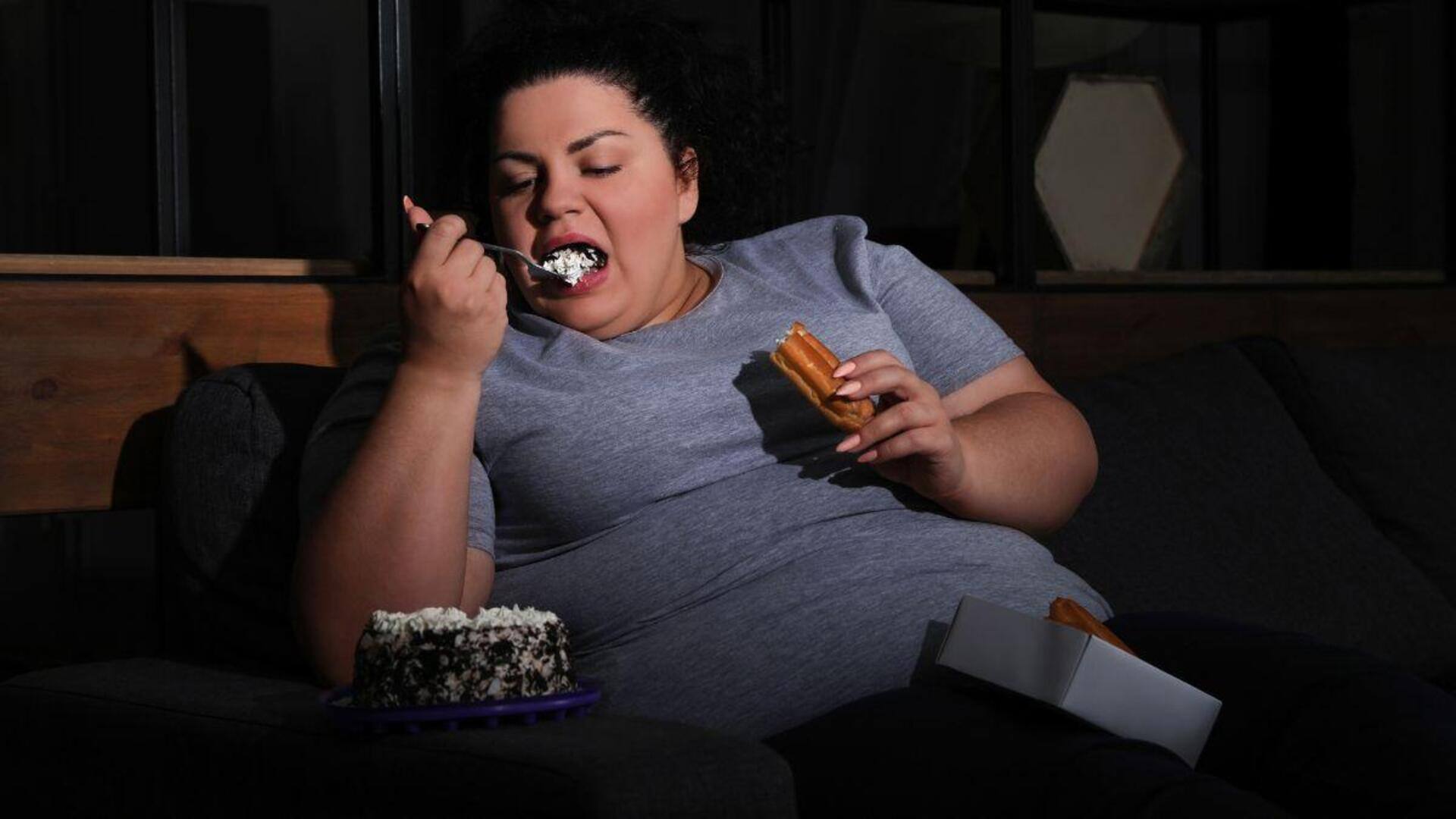
Health myths debunked: What you thought was true
What's the story
We often hear a lot of health-related stories, but most of them are just myths. These can mislead you, making you believe something that may not be true at all. Knowing what is myth and what is fact can help you make better health choices. This article aims to debunk some common health myths that most of us still believe today.
#1
Myth: Drinking water helps lose weight
Many believe that drinking a lot of water can help you lose weight, but that's not entirely true. While water is important for your body and can help in digestion, it doesn't directly burn fat. However, drinking water before meals may make you eat less by making you feel full. But it's not a magic trick to shed pounds, just a part of a balanced diet.
#2
Myth: Cracking knuckles causes arthritis
A common belief is that cracking your knuckles leads to arthritis. However, studies have shown that this habit does not affect joint health or lead to arthritis. The sound produced while cracking knuckles comes from gas bubbles popping in the joints' fluid. While excessive force on joints may lead to problems, cracking knuckles in moderation doesn't cause arthritis.
#3
Myth: Sugar makes kids hyperactive
The idea that sugar makes children hyperactive is widely accepted, but research hasn't proven a direct link between sugar intake and hyperactivity. Studies indicate that behavioral changes after consuming sugar may be due to environmental factors or expectations rather than sugar itself. Understanding this myth can help parents focus on other aspects of their child's behavior management.
#4
Myth: You can detox your body with special diets
The concept of detox diets is popular, but your body is already equipped with organs like the liver and kidneys to eliminate toxins naturally without any special diet or cleanse. These organs work efficiently to filter out waste products from the body. Instead of going for detox diets, focus on a balanced diet rich in nutrients that support these natural processes.
#5
Myth: Eating late at night causes weight gain
The belief that eating late at night automatically leads to weight gain is misleading. Weight gain occurs when there is a caloric surplus over time, regardless of when you eat during the day or night. What matters more than timing is portion control and overall daily caloric intake aligned with your energy needs for maintaining or achieving desired weight levels.